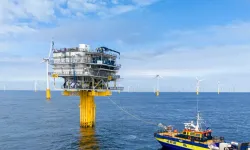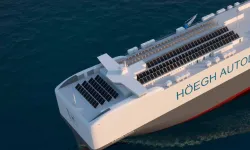This shortage stems from the scrapping of dozens of vessels in 2020 when global car factories were halted due to the pandemic. Moreover, the expected three-year delay in readying replacement vehicle carriers exacerbates the issue. The swift rebound in global auto demand, coupled with a robust Chinese export drive, has created a shortage of essential vessels in the industry.
Projections indicate a 17% increase in cars shipped globally in 2023, reaching a historic high of 23.4 million, surpassing the previous record set in 2018, as reported by shipping agent Clarksons. European car imports experienced the most significant surge, rising by 40% in 2023. China is expected to ship 4.3 million vehicles during the year, a notable increase from less than 1 million in 2020, with Japan and Korea also being major exporters.
The shortage has led to a rise in daily charter prices, reaching $115,000, a 10% increase from 2022 and seven times higher than prices in 2019. While several car manufacturers transport vehicles globally, the current shortage disproportionately affects Chinese brands exporting EVs to Europe. Chinese companies have expanded exports due to overcapacity in their domestic factories, making sea freight their primary option.
Despite plans by many Chinese companies to establish local European factories, production is not expected to commence until later in this decade. Notably, approximately one in four EVs sold in Europe originates from mainland China, including models from Tesla, BYD, and Polestar. Additionally, Renault, BMW, and Volvo Cars manufacture certain models in China for sale in the European market.






